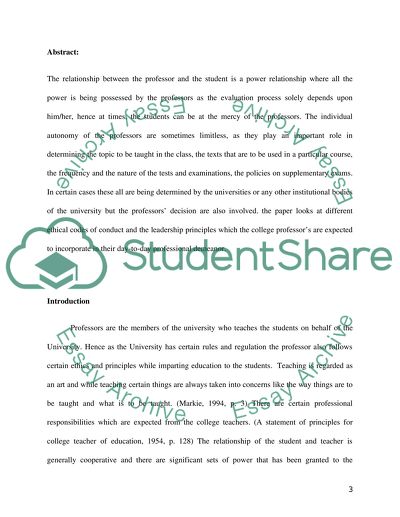Cite this document
(Principles and Ethics for College Professors Term Paper - 1, n.d.)
Principles and Ethics for College Professors Term Paper - 1. Retrieved from https://studentshare.org/education/1577312-personal-ethics-paper
Principles and Ethics for College Professors Term Paper - 1. Retrieved from https://studentshare.org/education/1577312-personal-ethics-paper
(Principles and Ethics for College Professors Term Paper - 1)
Principles and Ethics for College Professors Term Paper - 1. https://studentshare.org/education/1577312-personal-ethics-paper.
Principles and Ethics for College Professors Term Paper - 1. https://studentshare.org/education/1577312-personal-ethics-paper.
“Principles and Ethics for College Professors Term Paper - 1”. https://studentshare.org/education/1577312-personal-ethics-paper.


